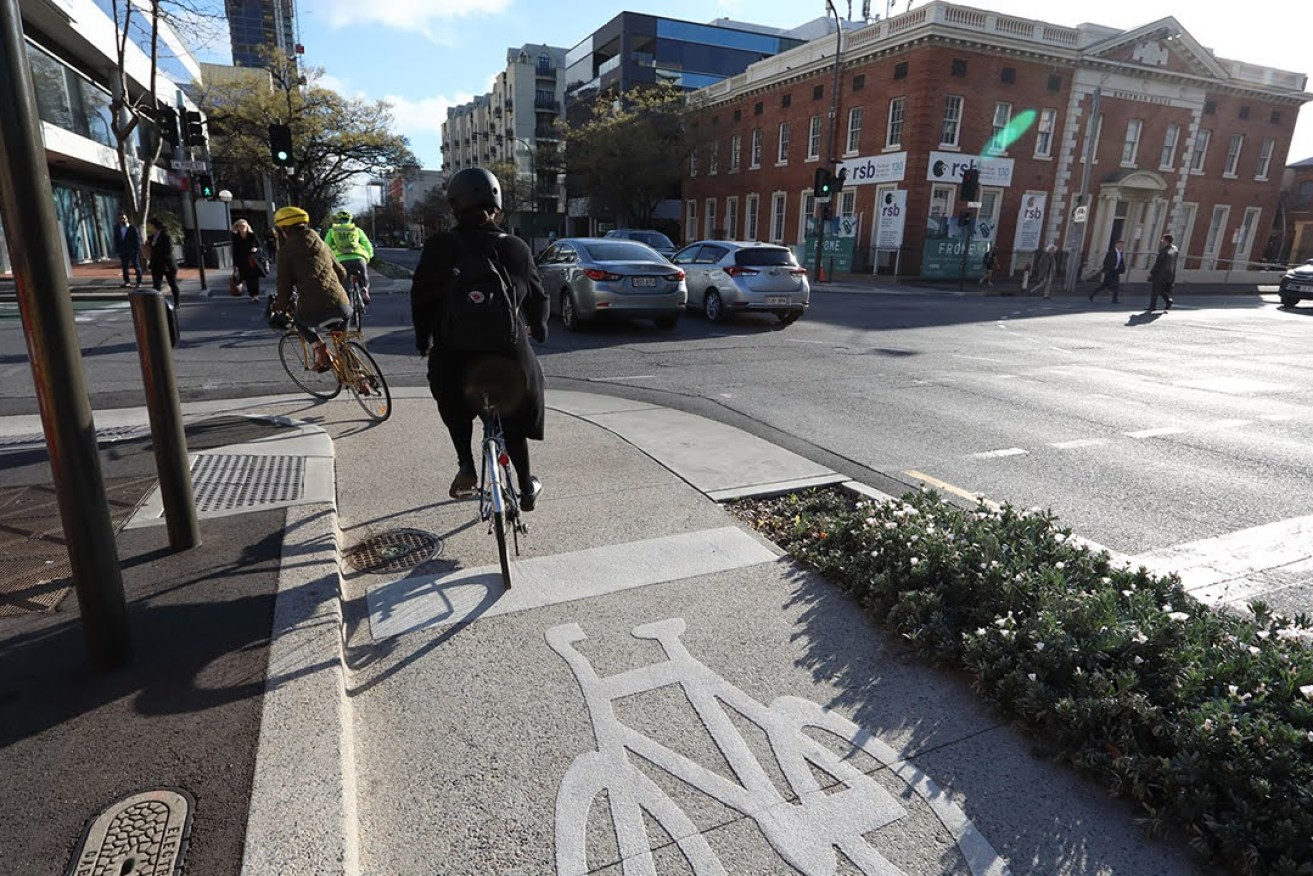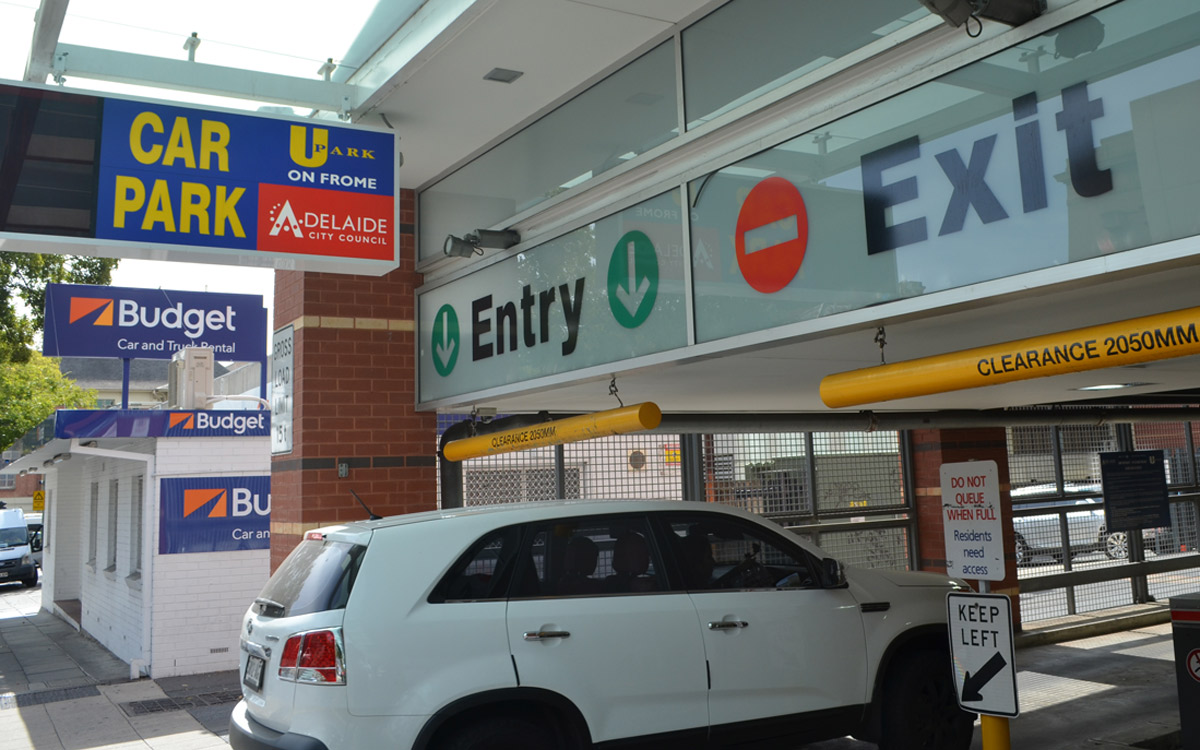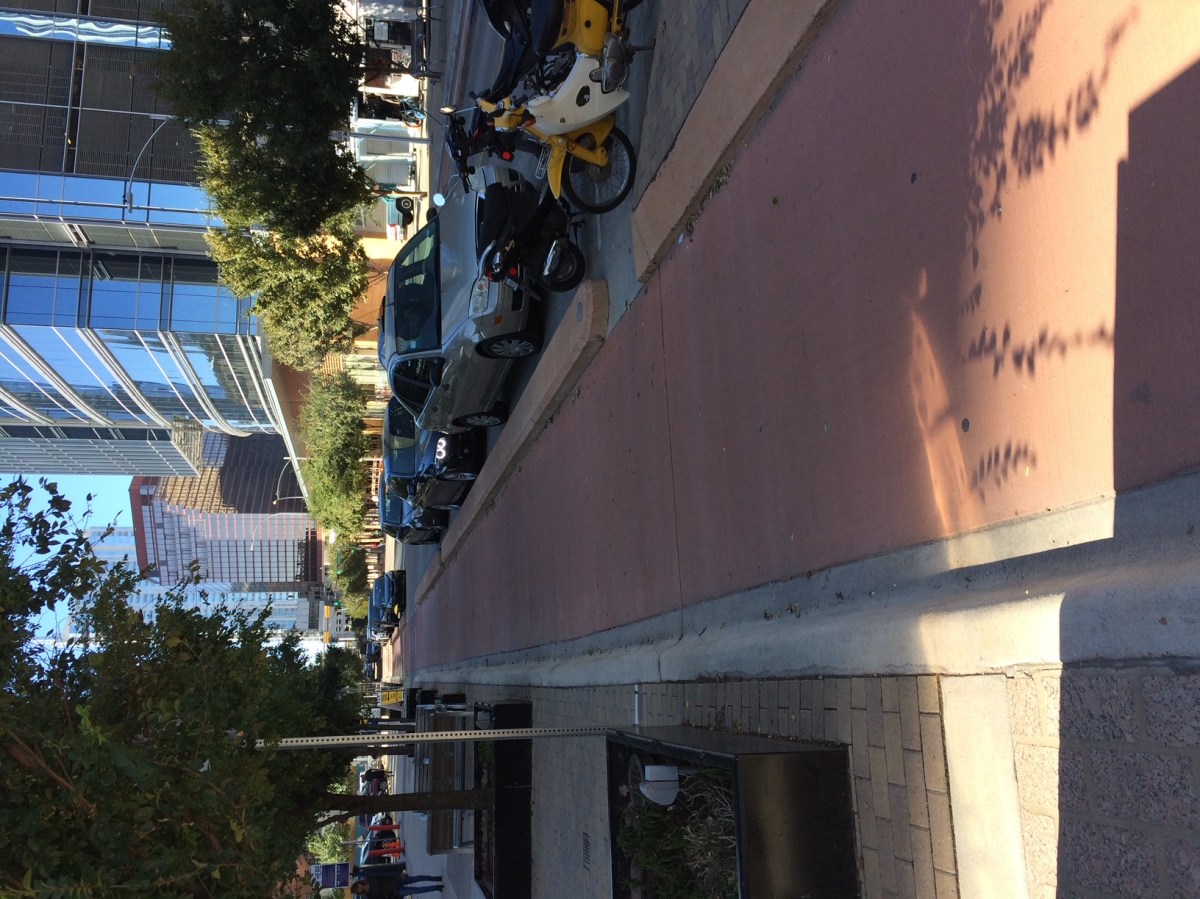Adelaide’s wide streets, narrow minds
Adelaide should be the most cycle-friendly city in Australia, but a deeply-ingrained regressive approach to transport policy has killed the most basic attempt to improve CBD roads, argues David Washington.


Adelaide has little dedicated bike infrastructure compared to other cities. Photo: Tony Lewis/InDaily
Adelaide should be Australia’s Portland or Copenhagen. Instead, we’re increasingly like LA without the glamour.
After years of hand-wringing, and with its budget in tatters, the Adelaide city council this week rejected $3 million of State Government funding for cycling transport infrastructure.
By shunning a long-planned and widely-supported east-west bikeway, the council has lost millions of promised dollars and has damaged its claims to leadership in the area of environmental responsibility.
But let’s not pretend that this bizarre outcome is only the result of a divided council whose factional majority is stubbornly anti-progressive.
While the council’s Team Adelaide crew are definitely that, they could only happily come to such a regressive decision because swathes of Adelaide’s establishment – politicians, business people, lawyers, schools, churches and elements of the media – refuse to countenance an evidence-based approach to transport policy.
Why else would Adelaide’s transport infrastructure be so embarrassingly poor? What else can explain it?
No other city near our scale has such a limited network of bus lanes and protected cycle lanes – with no visible plans to improve these absolutely bog-standard elements of a functioning transport system.
Our rail system – light and heavy – is tiny. There is no agreed vision to extend the tram network; diesel trains still chug through the suburbs.
No other city has such plentiful and cheap car parking in the CBD. No other city is as trenchantly attached to private car travel at the expense of safer, healthier and cheaper options.
The blame is not only on this council, but also its predecessors in Town Hall, the State Government, which has no vision for cycling (the money for the east-west bikeway was promised years ago, by the previous government), and the Federal Government, which favours gigantic roads over all other projects.

The city council runs carparks as a business.
We like to present ourselves as a civilised, green-friendly outpost, but the facts increasingly point to Adelaide being one of the most backward cities for transport in Australia.
Comparisons with other Australian and western cities are telling.
The city has a few hundred metres of protected bikeway on Frome Street (and what a fight it was to achieve that tiny concession). In Austin, Texas, the capital of the Lone Star State where a gas-guzzling pick-up truck is a birthright and there isn’t much public transport to speak of, the city boasts more than 40km of protected bikeways.
They criss-cross the city and they’re simple – similar to the old Frome Street bikeway before the council decided it needed to over-think and over-engineer the whole thing to make it palatable to the aforementioned regressive naysayers.
Why are cities like Austin and Portland, Paris and New York, Melbourne, Sydney and London, all investing millions in cycleways?
Because protected bikeways not only save lives, they make the city more attractive to locals and visitors.
Because bikeways make perfect economic sense, creating jobs and supporting tourism.
Because communities that use active transport are healthier.
Adelaide’s transport network has plenty of room for buses, trams, cars, pedestrians and cyclists.
There is nothing special about Adelaide which means that protected bike lanes are difficult to implement: other cities, too, have churches, schools and businesses. They manage to cater for cyclists without unending dramas. Not all cities, though, have the broad road space, weather and topography that make Adelaide ideal as a cycling city.
We are the home of the Tour Down Under and yet we remain hostile to cyclists.
We’re trying to rescue the city from a post-COVID collapse – this sort of investment can help.
The council’s own research with young professionals – those who they want to attract to live and work in the city – shows that they believe improving transport options, including bike lanes, should be a priority for making the city a more liveable and appealing place.

A protected bike lane in downtown Austin. It ain’t hard.
Unfortunately, we have long had a group of decision-makers in South Australia whose perspective is as narrow as our streets are wide.
This week’s decision will surely embarrass the sensible people in the elected and non-elected arms of the council who have travelled beyond our borders and understand how behind we are on cycling infrastructure.
But it should embarrass all of us because the problem is much wider and more entrenched than Town Hall.
David Washington is Editorial Director of InDaily publisher, Solstice Media




